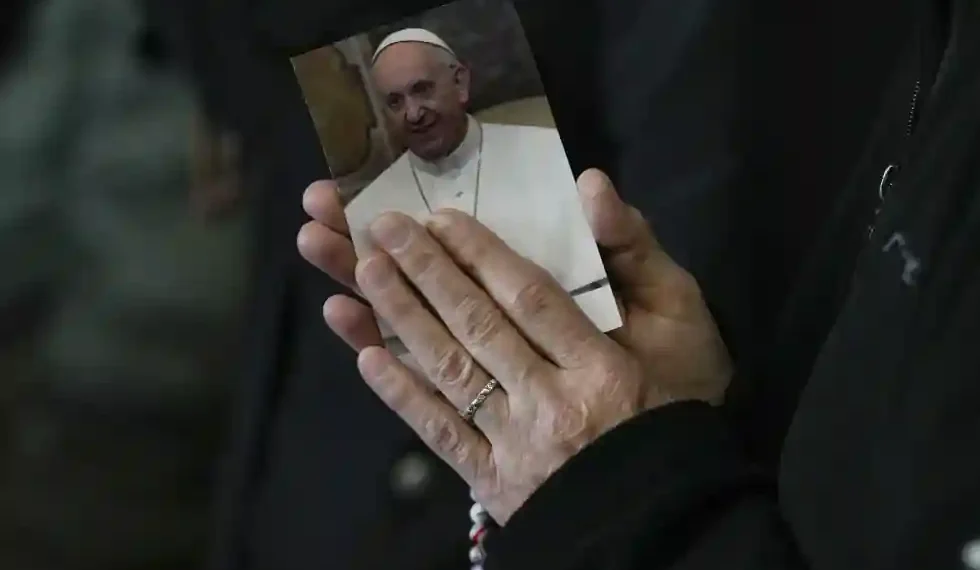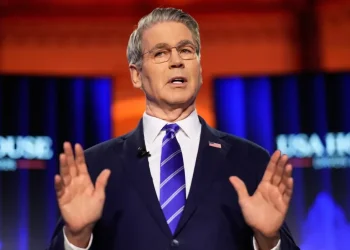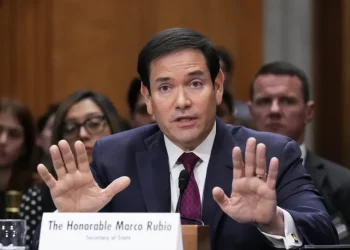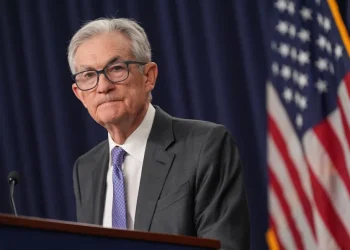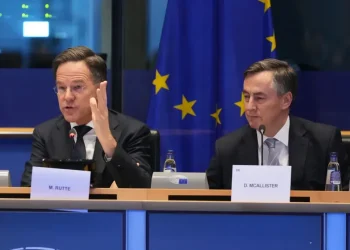Pope Francis on Aging, Health, and Mortality: His Own Reflections
Pope Francis has always been candid about his health, aging, and the inevitability of death. He has openly discussed his physical ailments and even directed his doctors to provide daily updates on his battle with pneumonia.
On Monday, his medical team shared some positive news: while he remains hospitalized, he is no longer in immediate danger.
The 88-year-old pontiff’s transparency is in stark contrast to past Vatican traditions. Unlike St. John Paul II, whose battle with Parkinson’s disease was long suspected but never officially confirmed until after his death, Francis has chosen a more open approach to discussing his health.
This openness has been evident throughout his papacy. In 2021, he granted an unprecedented interview to an Argentine doctor who published a book detailing Francis’ physical and mental health history. Just last week, he released an audio message from his hospital bed, his weakened voice revealing the toll of his illness.
On Aging and Society’s Treatment of the Elderly
Pope Francis has often spoken about the challenges of growing old and the way modern society treats the elderly. He has criticized today’s “throwaway culture,” where people are discarded when they are no longer deemed productive. His commitment to honoring the elderly was evident in his insistence that Pope Benedict XVI remain involved in the life of the church even after his retirement.
His views on aging have remained steadfast, even as he himself has become reliant on a wheelchair and walker.
In his 2010 book On Heaven and Earth, co-authored with Rabbi Abraham Skorka, Francis condemned the mistreatment of older people, especially when they are placed in nursing homes and neglected by their families.
“The elderly are the keepers of history, the memory of a people, a nation, a family, and a culture,” he wrote.
On Death and Mortality
Francis has long reflected on death, inspired by a phrase he learned from his grandmother Rosa, who helped raise him:
“See that God sees you, see that he is watching you, see that you will die and you don’t know when.”
This saying has stayed with him throughout his life. He recalled in a 2018 speech to priests that his grandmother made him recite it daily, saying, “so you will remember that life has an end.”
“I didn’t understand much at the time, but that verse, since I was three years old, has stuck with me,” he said. “And it helped me. The thing was kind of bleak, but it helped me.”
On His Own Health Struggles
Francis has never shied away from discussing his health challenges. In 2021, Argentine journalist and physician Dr. Nelson Castro published The Health of Popes, which included detailed insights from Francis himself.
In a rare move, Francis granted Castro access to the Vatican Secret Archives to research the health history of past popes. He also sat for a personal interview in 2019, where he spoke at length about his own medical history:
- A severe respiratory infection in his youth led to the removal of the upper lobe of his right lung.
- A gangrenous gallbladder required surgery while he was the Jesuit provincial superior.
- He has suffered from compressed vertebrae, flat feet, and fatty liver.
Perhaps most notably, Francis revealed that he sought psychiatric help during Argentina’s military dictatorship. For six months, he saw a psychiatrist weekly to manage anxiety while secretly transporting people to safety.
“In those six months, she helped me with how to manage the fears of that time,” he recalled. “If you can imagine what it was like to transport someone hidden in the car — covered by a blanket — and pass through military controls. … It created an enormous tension in me.”
Francis said therapy helped him maintain a sense of balance when making decisions, adding that all priests should have an understanding of human psychology.
“We should offer a mate to our neuroses,” he said, referencing the South American tea. “They are our companions for life.”
A Papacy Defined by Transparency
Francis’ willingness to speak openly about his health marks a departure from past papal traditions. By sharing his vulnerabilities, he has sought to foster a culture of honesty and compassion—both within the church and society at large. His reflections on aging, illness, and mortality serve as a reminder of the dignity of life at every stage, reinforcing his lifelong advocacy for the marginalized, including the elderly and infirm.
This article was rewritten by JournosNews.com based on verified reporting from trusted sources. The content has been independently reviewed, fact-checked, and edited for accuracy, neutrality, tone, and global readability in accordance with Google News and AdSense standards.
All opinions, quotes, or statements from contributors, experts, or sourced organizations do not necessarily reflect the views of JournosNews.com. JournosNews.com maintains full editorial independence from any external funders, sponsors, or organizations.
Stay informed with JournosNews.com — your trusted source for verified global reporting and in-depth analysis. Follow us on Google News, BlueSky, and X for real-time updates.
